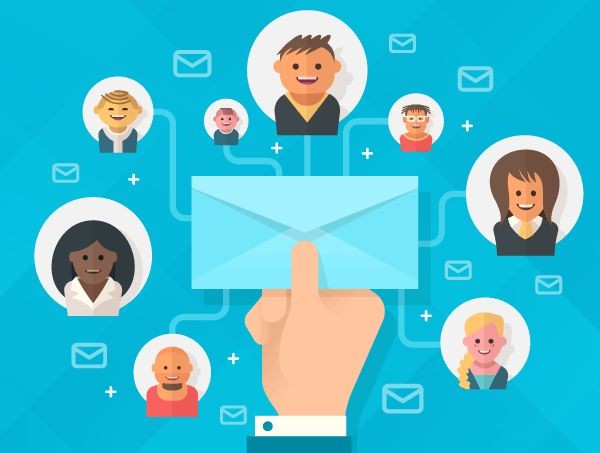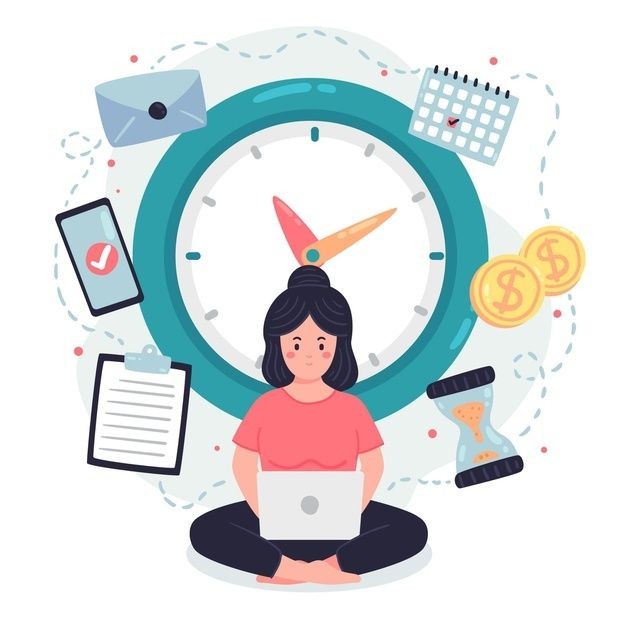
“Why should we hire you?” is a question familiar to many job seekers or freshers as they come across this question quite often when looking for a job. There are a certain points to point to keep in mind while answering to this question. The answer to the question “Why should we hire you?” reflects your enthusiasm and dedication towards the job and the organization itself. So, a wrong or irrelevant answer may turn down your job acceptance, which is why you have to be very certain and confident while answering to the question, adding your skills and weaknesses and highlighting your strengths.
Personal interviews play an important role in the hiring process as they allow managers to gain a better understanding of your personality and expertise. By preparing for questions ahead of time, you can ensure that you stand out from your competitors and give the best impression possible.
Some common questions that you may be asked include “why should we hire you” or “why should you be hired for this role?” While these questions may seem difficult to answer, with some preparation, you can easily craft an answer that will impress the interviewer. When answering these types of questions, be sure to focus on your unique skills and experience that make you the best candidate for the job. Additionally, try to avoid using general phrases like “I’m a people person” or “I work hard.” Instead, focus on specific examples that illustrate your personality and strengths. By preparing for personal interviews in advance, you can increase your chances of impressing the hiring manager and getting the job you want.
Follow the points below while answering to the question “Why should we hire you?”:
Why is the question, “Why should we hire you?” asked during interviews?
The personal interview round is usually the last stage of the hiring process. By this point, the employer has already seen your resume and is familiar with your education and work experience. However, they still need to learn more about you as a person to decide if you’re the best candidate for the job. In many cases, equally qualified candidates can differ significantly in terms of their personality, values, and fit with the company culture. As a result, a personal interview is an essential tool for employers to use to make the best hiring decision. Candidates who can effectively sell themselves and demonstrate their fit with the company are more likely to be successful in this round.
Questions such as these are asked to know:
- what distinguishes the job seeker from their competitors
- if your exceptional skills and expertise will benefit the organization
- and produce positive outcomes
- if you work hard to fit in with the team and the culture.
- if you will meet the deadline in the shortest amount of time possible.
- if you are always learning and growing as a professional.
- if you accept criticism and feedback positively and learn from your mistakes
Highlight your skills and experience
You can enlist your qualifications, achievements, and the skills that make you stand out in a huge crowd of competitors. For example, you can mention that you have a proven track record of completing projects on time and within the budget. Or you can highlight your relevant position in your past job and the achievements you gained while in office. You can also tell about the skills that the current company is looking and that you possess those qualities.
Highlight your ability to fit in
You can describe how you can help the company, and how your skills and knowledge match the job description. For example, you can say that you understand the importance of collaboration and high standards in the position, and that you’re not afraid to take on difficult challenges.
Reflect dedication and enthusiasm
You can mention that you’ve given your 100% effort in past companies, and that you’re confident about your enthusiasm and commitment to providing success to the organization. Emphasize ell them that these are the qualities that makes you a valuable asset to the organization.
By following these guidelines, you will be able to craft an answer that will set you apart from the competition and increase your chances of landing the job.
Experience Specific to the Industry
Holding experience in the same industry in which you are interviewing shows that you are committed to that field. It is also impressive because it demonstrates that you have the relevant skills and knowledge for the job. The hiring manager will be impressed by your commitment to the industry and will see you as a valuable asset to the company. If you have held multiple positions within the industry, be sure to highlight your progression and how you have gained additional skills and knowledge over the years. Your experience is what makes you a unique candidate and sets you apart from other applicants, so be sure to emphasize it during your interview.
Experience Specific to Handling Responsibilities
Extend on your experience handling responsibilities that are not typically part of your job description. Explain how you handled those functions and how well you performed. It is critical to highlight something that will set you apart from the competition. For example, most candidates for the position of a software engineer are likely to be proficient in programming and coding. To differentiate yourself, you can discuss your project management skills and experience in addition to the prerequisites.
Technical Skills
Being able to use technical skills is always a necessary component in any job. However, other skills are just as important in any role. For example, interpersonal skills are essential in any customer-facing role. This is because it allows you to build rapport with customers and earn their trust. As a result, they are more likely to do business with you. Similarly, teamwork is another important skill that employers value. This is because it shows that you can work well with others and are a team player. Therefore, when asked “why should we hire you,” be sure to highlight both your technical skills and your soft skills. Doing so will show that you are a well-rounded candidate who is capable of meeting the demands of the job.
Soft Skills
In the corporate world, it’s not just about what you know, it’s also about how you work with other people. That’s why soft skills are so important. They can help you get along with diverse teams, resolve conflicts and showcase your managerial abilities.
For instance, let’s say you’re working on a team project and there are some disagreements among team members. If you have strong conflict resolution skills, you’ll be able to navigate the situation and get everyone back on track. Or, maybe you’re up for a promotion and your boss is looking for someone with leadership potential. If you can talk about a time when you successfully managed a team, you’ll be in a much better position to get the job.
In today’s competitive job market, employers are looking for employees who have more than just technical skills. They want workers who will be a positive force in the workplace and who can work well with others. If you’ve got strong soft skills, you’ll be well on your way to success in the corporate world.
Main Accomplishments
Provide information about the major projects or clients you managed in your previous job or internship. Discuss what you consider to be your most significant professional achievements. It could be anything from developing new processes that yielded excellent results to successfully handling a workplace crisis. You can even discuss awards, accolades, or client appreciation for excellent performance at your workplace.
Educational Background and Certifications
When it comes to job interviews, it can be difficult to know what to say when you’re asked about your experience. If you’re a fresher with no work experience, you may feel like you have nothing to offer. However, there are still plenty of things that you can talk about that will show off your skills and qualifications. For example, you can discuss your education and any relevant certifications or training you have received. You can also talk about any projects you worked on in college and what you learned from them. By highlighting your skills and abilities, you can show potential employers that you have the potential to be a great asset to their team.
Tips to prepare your “Why Should I Hire You” answer
When you draft your answer to the common job interview questions in an interview, it is crucial to brainstorm and develop clear insights and arguments for your candidature.
- Consider what skills or points will help you stand out. Include any potential points that may pique your interviewer’s interest.
- Then, write a detailed script that covers all of the pertinent topics while emphasizing your skills, experience, and expertise. Be thorough with your responses so you don’t stumble when asked a follow-up question.
- Another important aspect of preparation is to practice and participate in a mock interview. It will assist you in determining where you are lacking and where you need to improve. Continue giving mock interviews to help you gain confidence and overcome issues such as nervousness and a lack of self-awareness.


